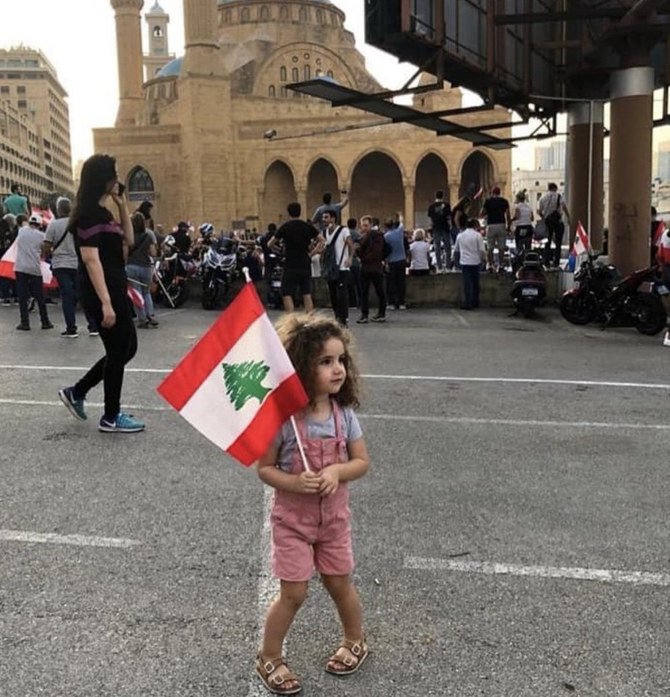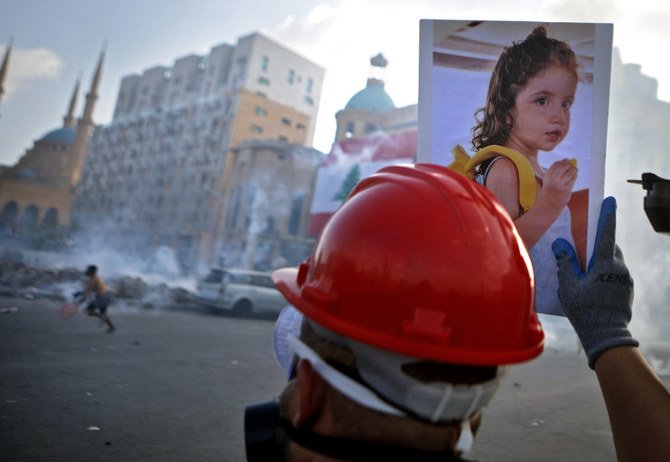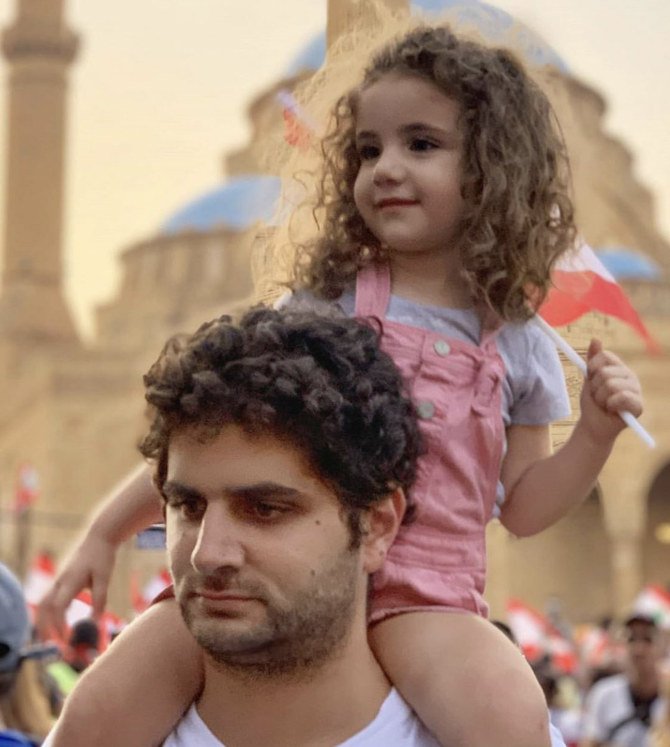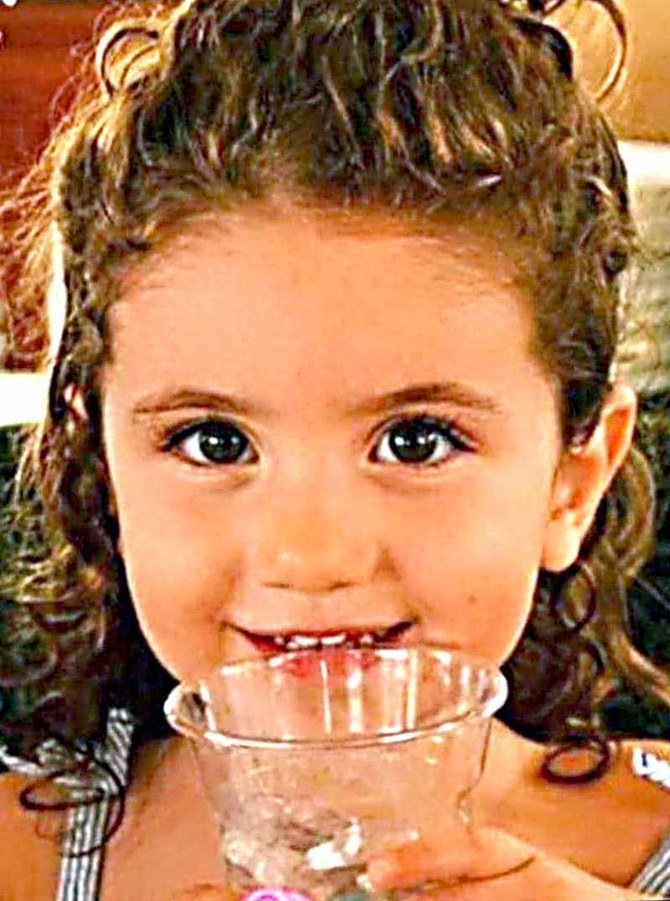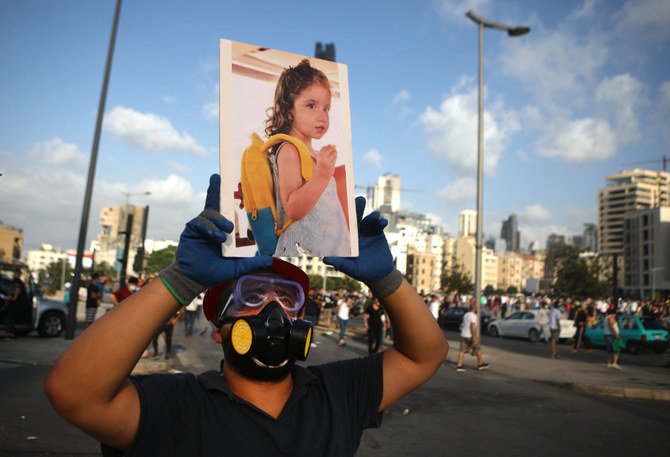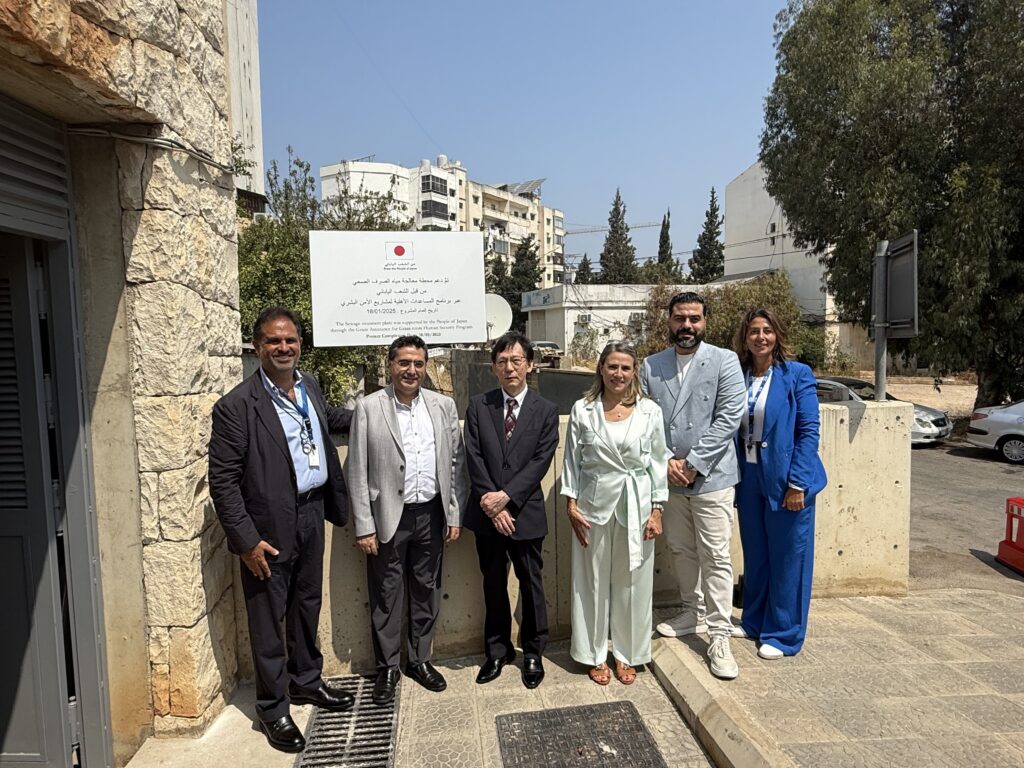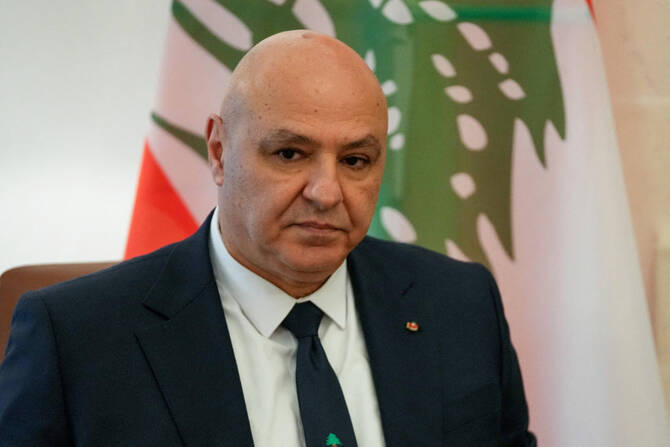LONDON: In an ideal world, Alexandra Najjar should have been able to enjoy the rest of a pleasant Mediterranean summer with her family. Once the coronavirus outbreak in Lebanon had been tamed, she should have been able to experience her first day of school.
She would have made many new friends and begun to absorb all the knowledge that a three-year-old is capable of when they first enter kindergarten.
And as the days turned into weeks, which turned into months, which turned into years, Alexandra’s parents would have watched her grow into a young girl, enjoy life, dream big and perhaps achieve greatness in some field.
Alas, in the harsh real world of a crisis-wracked Lebanon, the dreams of Alexandra’s parents will remain just that.
Some 2,750 tons of ammonium nitrate haphazardly stored in a warehouse at the Port of Beirut exploded as Alexandra was playing with a friend on the evening of August 4, leaving her severely injured.
Shockwaves from that blast devastated Beirut, leaving its streets blanketed in debris and shards of glass — and many of its residents caked in grey dust and crimson-red blood.
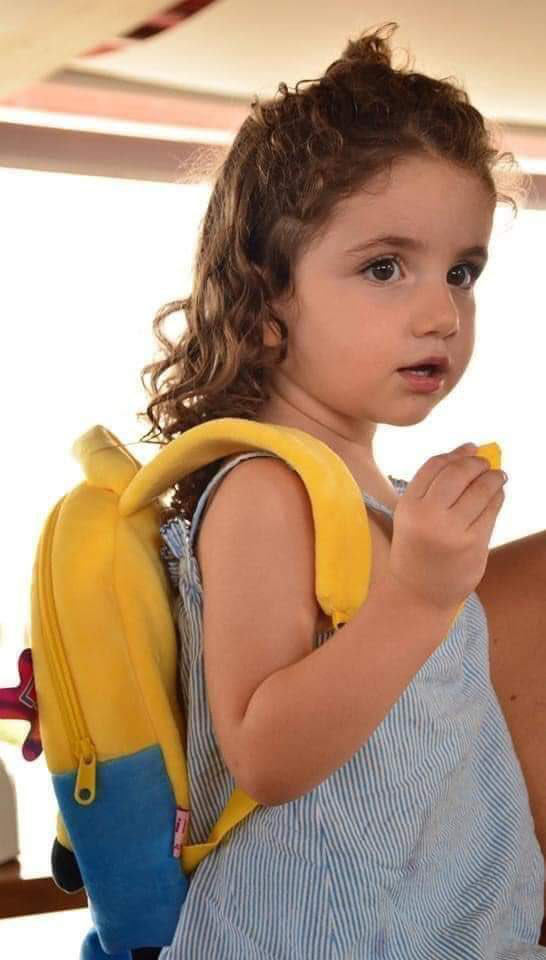
Photos and videos of Alexandra were shared widely on social media and tributes poured in online. (Reuters )
Three days later, after being in a critical condition in a hospital and suffering internal bleeding in her brain, Alexandra succumbed to her wounds.
“You killed us in our own home, in a place where I thought I could leave my family, protect my family . . . where if crimes are happening and we don’t have anything in this country, then at least we have our home where we can be safe,” said Paul Najjar, Alexandra’s grief-stricken father, in a TV interview on Saturday evening, assailing Lebanon’s leaders.
“What you did is a crime at the cost of our family that is so very united and this for me, at the most, is a crime at the cost of love because if there’s anything I should believe in, it’s this — which was the foundation of our family, it still is and will continue to be so.”
As the pain of the Najjar family’s loss sank in, photos and videos of Alexandra — or “Alixou,” the name by which parents called her — began to be shared widely via social media platforms and WhatsApp groups, both in Lebanon and outside it.
Tributes poured in online, testifying to the despair and anguish Lebanese across the world felt in the aftermath of the explosions. Alexandra’s untimely death had put a human face on Beirut’s horrible tragedy.
In one of the pictures, Alexandra is seen sitting atop her father’s shoulders as he took part in a march during last year’s October 17 “revolution,” demanding an end to Lebanon’s twin bane of corruption and sectarianism.
The protesters were calling for a better world for all Lebanese — and a brighter future for Alexandra.
The captions accompanying the photos point to the impact of the Najjar family’s tragedy on the Lebanese people and diaspora.
“This is a photo of Alexandra protesting for a better Lebanon to remove the corrupt government and no one listened and now she’s in heaven,” former Miss USA Rima Fakih wrote below a post on Instagram.
Another caption says: “Alexandra, you are in each of our hearts and prayers today and always. Your death will not be in vain . . . we will make sure of it!”
Alexandra was one of the youngest victims of the Beirut explosions, whose human cost so far includes 150 deaths, nearly 6,000 injured and another 300,000 homeless.
After citizens and residents independently organized and cleaned up the streets and homes of the areas most affected by the blast’s impact, shock turned to anger.




